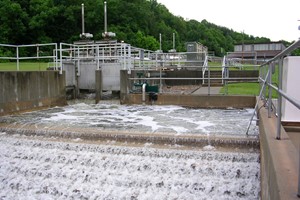Uisce Éireann, the State-owned water utility formerly known as Irish Water, faces a daunting challenge in upgrading Ireland’s wastewater treatment infrastructure to meet European standards. According to the Environmental Protection Agency's (EPA) 2023 report on Urban Wastewater Treatment, this process could take up to two decades due to decades of under-investment in water treatment facilities.
Last year, Uisce Éireann invested €436 million, but it states that significantly more funding will be required in the coming years to bring the network up to standard. The recent Budget allocated €1 billion to support this investment, and additional funding may be sourced from the Apple tax payment. The new Planning Act is also expected to expedite delivery times.
Despite these efforts, Uisce Éireann emphasizes the need to focus its resources on priority areas, particularly the discharge of untreated sewage into rivers, estuaries, lakes, and coastal waters. The number of towns discharging raw effluent has decreased from 29 in 2022 to 16 last year, highlighting some progress. While the EPA acknowledges this prioritization, it urges Uisce Éireann to accelerate its efforts.
The history of Irish Water sheds light on the current situation. Established in 2013 under pressure from the IMF, EU, and ECB troika, the utility was created by merging various underfunded local authority-run water and wastewater networks, some of which are over 100 years old. The initial opposition to the charges intended to fund Irish Water, coupled with fears of potential privatization, hampered its political support. It only became a standalone entity in 2023, with its budget now overseen by the Commission for Regulation of Utilities.
Both Uisce Éireann and the EPA agree on the necessity of substantial and sustained investment in wastewater treatment infrastructure. While reaching EU standards will take many years, both organizations are hopeful that the timeline can be shortened with the right resources and commitment.














